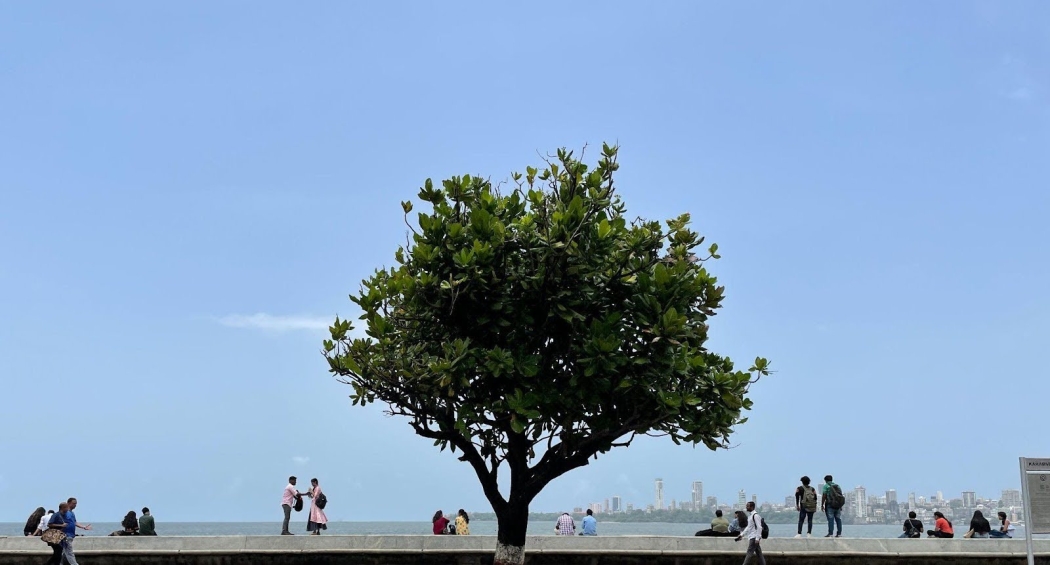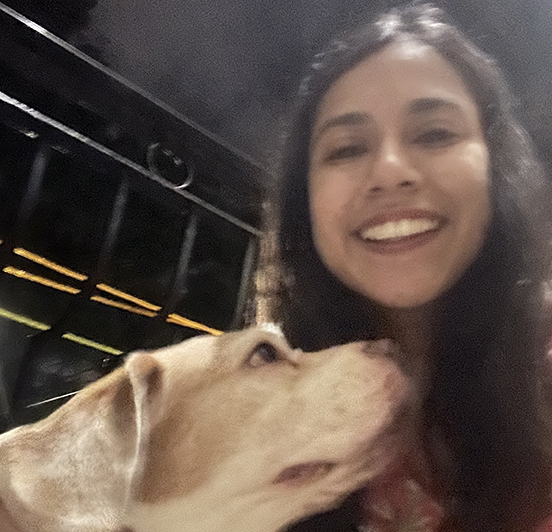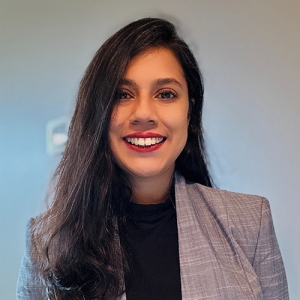Sohini Chattopadhyay has predominantly lived in cities that grew during the British colonial rule in India.
She grew up in Calcutta (now called Kolkata) and has lived in New Delhi and Mumbai. So, it is not a surprise that she focuses on the histories of colonial cities in her research. She decided to become a historian at the age of 12.
Her first experience with serious academic research was at Jawaharlal Nehru University, New Delhi. At JNU, she explored the relevance of history and discovered that historical methods help people understand the human condition by examining casualties in deep time.
She went on to receive her doctoral degree at Columbia University, from which she graduated last year. For her doctoral research, she studied crematoriums, which, in the 1900s, were a new technology that transformed death rituals in colonial Bombay and Calcutta, influencing how we perceive death today. A significant portion of her research took place during the COVID-19 pandemic, during which she was in Calcutta and Bombay, interviewing members of burial charities, mortuary workers, and healthcare workers who managed the rising number of deaths in India. She used their work as an entry point to frame her questions while seeking archival materials in libraries in Mumbai, New Delhi, Kolkata, and London. Researching death during the pandemic was sobering, but it also strengthened her desire to write and teach history, a subject she believes is crucial for understanding why we have become who we are today.
She came to Union in the fall of 2023 and is an assistant professor of history. Outside of her research and teaching at Union, she enjoys traveling and street photography. She has a dog - Chiku - who still lives in Kolkata with her mom.
FIRST APP YOU LOOK AT IN THE MORNING:
I want to say crosswords, or something really dignified and professorial, but I actually look at Instagram. Oh, also my Google Calendar.
THE LAST GREAT BOOK YOU READ:
The Book of My Lives by Aleksandar Hemon. It is a collection of non-fiction essays about him growing up in Sarajevo, about the three-year siege of Sarajevo and ethnic cleansing, and his immigration to the United States. It ends with the earth-crashing loving memorial of his one-year old daughter. The essays are surprisingly tender. One sentence might be about elaborately organizing a party in Sarajevo or his dog, and the next paragraph might be about coming to terms with shelling that eventually destroyed the city. The essays speak about the quotidianness of living through mass violence, how one becomes so intimate with it that it becomes the air around you. However, what truly moved me was its humor - his capacity to grasp the idiosyncrasies of life within the ennui set by continuous catastrophes. Other than this, whenever I need some moral fulcrum, I read Kurt Vonnegut to remind myself of the importance of political and philosophical clarity, now more than ever.
BEST ADVICE YOU EVER RECEIVED:
“One day at a time”- It centers me to the present, and makes tasks (and life) manageable. I also appreciate the fact that I have the luxury of having enough security around me to be able to follow this advice. What a privilege.
WHAT ARE YOU WATCHING RIGHT NOW:
I love the de-stabilizing energy that comedy tends to bring to our perceptions of the world, so I end up watching a lot of stand-up comedy. The last stand-up I watched was of Atheer Yacoub. She is devastatingly funny. I also sometimes (a lot of times) enjoy cringe-watch, and I justify it by telling my concerned friends that it takes a specific form of intelligence to appreciate cringe (unverified information, I’ll add). On that note, I recently speed-watched “Love is Blind.” Oh, I am also waiting for more episodes of “Abbott Elementary.”
ONE SKILL YOU WISH YOU HAD:
I wish I could play some sport well, really. I watch them though. As an Indian, I am sort of programmed to like cricket.
THREE DINNER PARTY GUESTS (living or deceased) and WHY:
My dad, because I am afraid I have inherited much of his dad-humor; Edward Said, who has significantly shaped how I understand postcolonial history. Among those living - okay, this is probably too niche - but the guy who’s become a global meme as the disappointed cricket fan. He somehow encapsulated a South Asian expression of righteous disappointment so well that I just want to meet him in person and thank him for representing us with utmost accuracy.
FIRST CONCERT:
I just realized that growing up, we didn’t quite go to concerts. But I always enjoyed checking out the local bands in Calcutta who performed at my undergrad institution, Presidency College.
LITTLE KNOWN FACT ABOUT YOU:
I am left-handed, and I am terrible with using some of the scissors that are designed for right-handed people. The cutest thing that the History Department did for me was to get left-handed scissors for my office.
FAVORITE UNION MEMORY/EXPERIENCE:
The first time I sat on one of the benches in Jackson’s Garden and had some quiet time to myself and realized, what a pretty campus to be in.
ONE THING YOU CAN’T LIVE WITHOUT:
My glasses or contact lenses.

From Sohini: This is a picture of the Arabian Sea in Mumbai, I took this picture in December 2021, right after covid rules were gradually loosening up in the city. I’d walk to the promenade to catch a break in between my research at an archive nearby. The Marine Drive promenade was a literal breather from my very intense research work.

